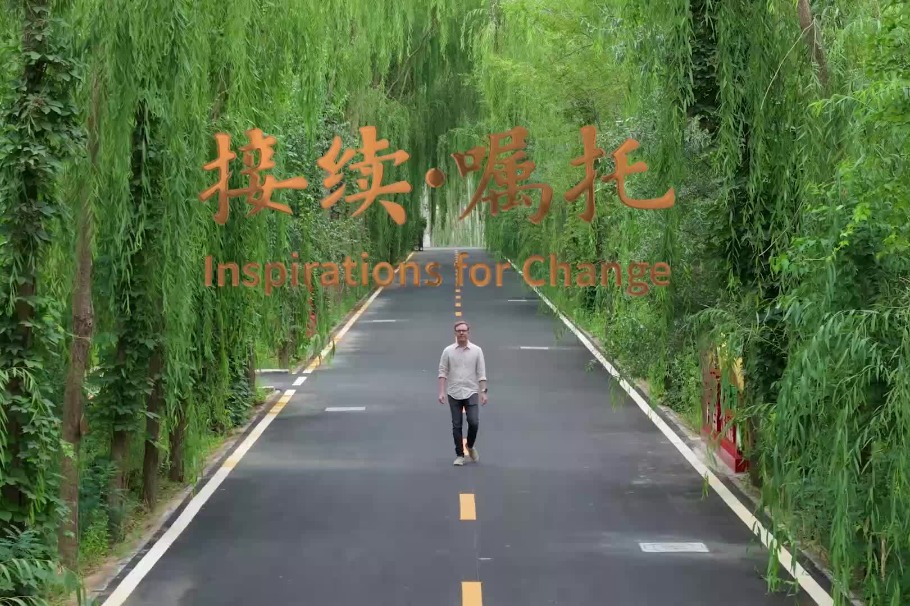Hainan beckons to the world


New opportunities
"The country's successful implementation of policies supporting the Hainan Free Trade Port has created new opportunities for the development of companies like us," said Saravoot Yoovidhya, CEO of Thailand-based beverage company TCP Group. The Thai group established its first overseas factory in Hainan in 1993 and later launched business operations there.
He told other businesspeople who attended the recent expo that the RCEP agreement has added momentum to the development of comprehensive and strategic bilateral partnerships.
Local officials and experts agreed that Hainan traders and their overseas partners have begun to reap benefits from the RCEP agreement and the Hainan Free Trade Port's policies.
For example, on May 30, two Japanese ships left Wanning in eastern Hainan for their home country, carrying 300,000 young seriola, a type of fish that is popular in Japan. In total, Hainan has exported about 5.1 million juvenile seriola to Japan so far this year, more than in previous years, thanks to RCEP trade measures.
Seriola, also known as the Japanese amberjack, fetches premium prices in Japan, where the fish is mainly raised. However, the sea areas adjacent to Wanning and Lingshui, Hainan, are now key suppliers of the young fish, according to Hainan fishery authorities.
Zhou Bo, chairman of an aquaculture company in Wanning, said the implementation of the RCEP pact made it possible for Japanese ships to get closer to the sea fish farms and thereby moor for a shorter time, thus increasing the survival rate of the young fish and cutting costs for traders.
Hainan's exports of quality products such as frozen fish fillets, frozen shrimp, agar and flowers will also bring greater benefits to both sides, as the RCEP's free trade measures are expected to notably facilitate the trade between Hainan and Japan, according to Hainan agriculture officials.
On Jan 1, Haikou Customs issued its first RCEP Certificate of Origin to Hainan Yanghang Industrial Co. The important trade document certifies that exported goods are wholly obtained, produced or processed in a particular country.
With the certificate, the Hainan company did not have to pay the 2,315 yuan ($335) in taxes that it would have faced, before the RCEP zero-tariff policy took effect, on the export to Japan of aluminum sulfate worth over 46,300 yuan.
Meanwhile, Hainan's trade with RCEP member countries is growing rapidly. Data released by the Hainan commerce authority showed that the import and export of goods between Hainan and RCEP countries reached 25.79 billion yuan between January and May-a year-on-year increase of 44.1 percent. Goods that saw rapid growth included metal ores, mineral sand, refined oil, cosmetics and organic chemicals.
The province conducted foreign trade in services with all RCEP member countries, covering mainly tourism, transportation, commerce, processing and intellectual property rights. The value of the deals exceeded 2.7 billion yuan, accounting for 21.64 percent of Hainan's total imports and exports from January to May.
In that same period, Hainan attracted $47 million of investment from RCEP members, and 79 foreign-funded enterprises were established. The projects involved such areas as comprehensive edible oil processing, biotech research and industrialization, medical services and jade processing. The investors are mainly from Australia, Japan, Singapore, the Republic of Korea and Thailand.
Li Xie, deputy head of the provincial department of commerce, said that more overseas investors have shown interest in the Hainan Free Trade Port policies, and Hainan is tapping the RCEP pact to promote two-way investment.























